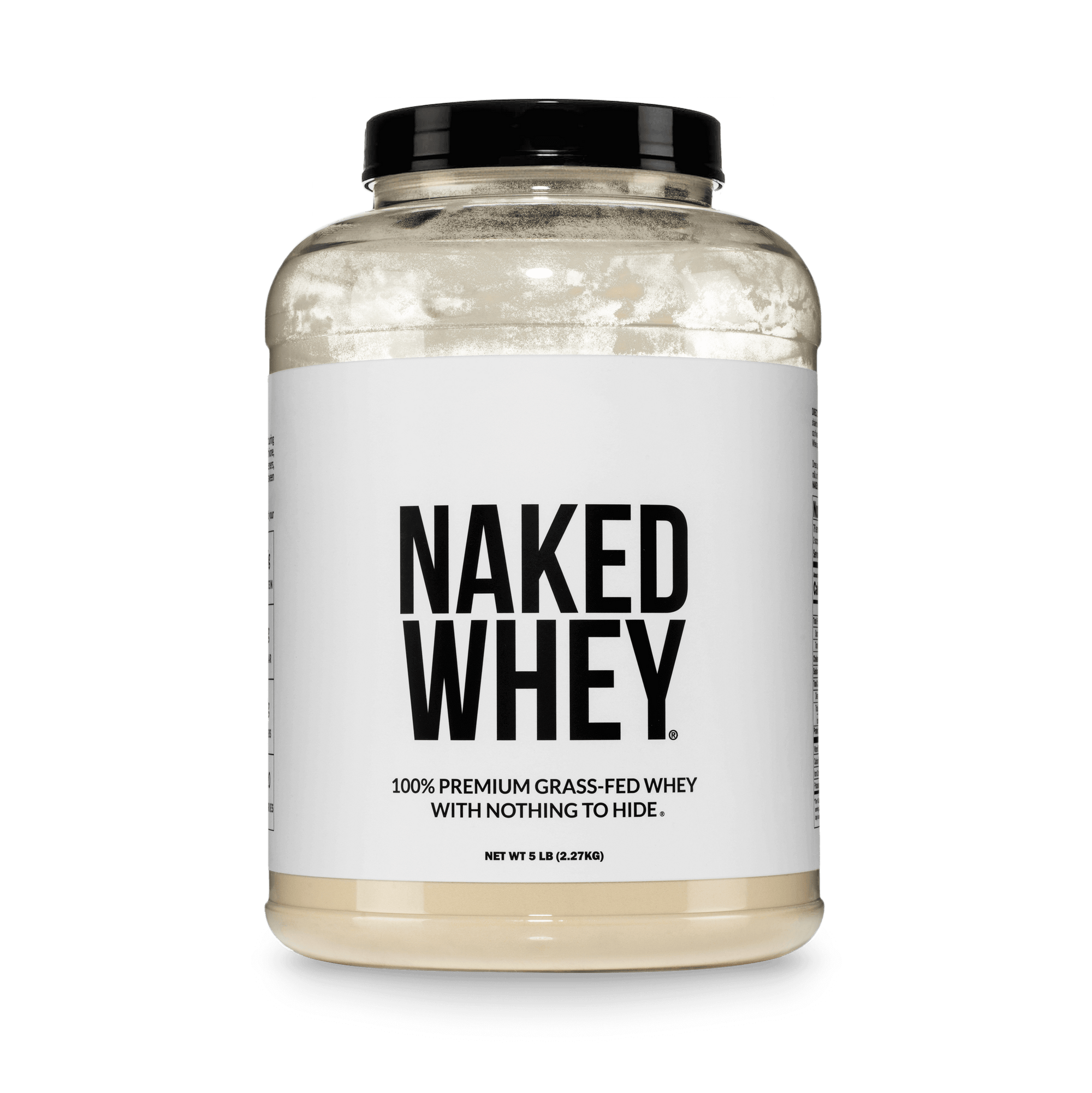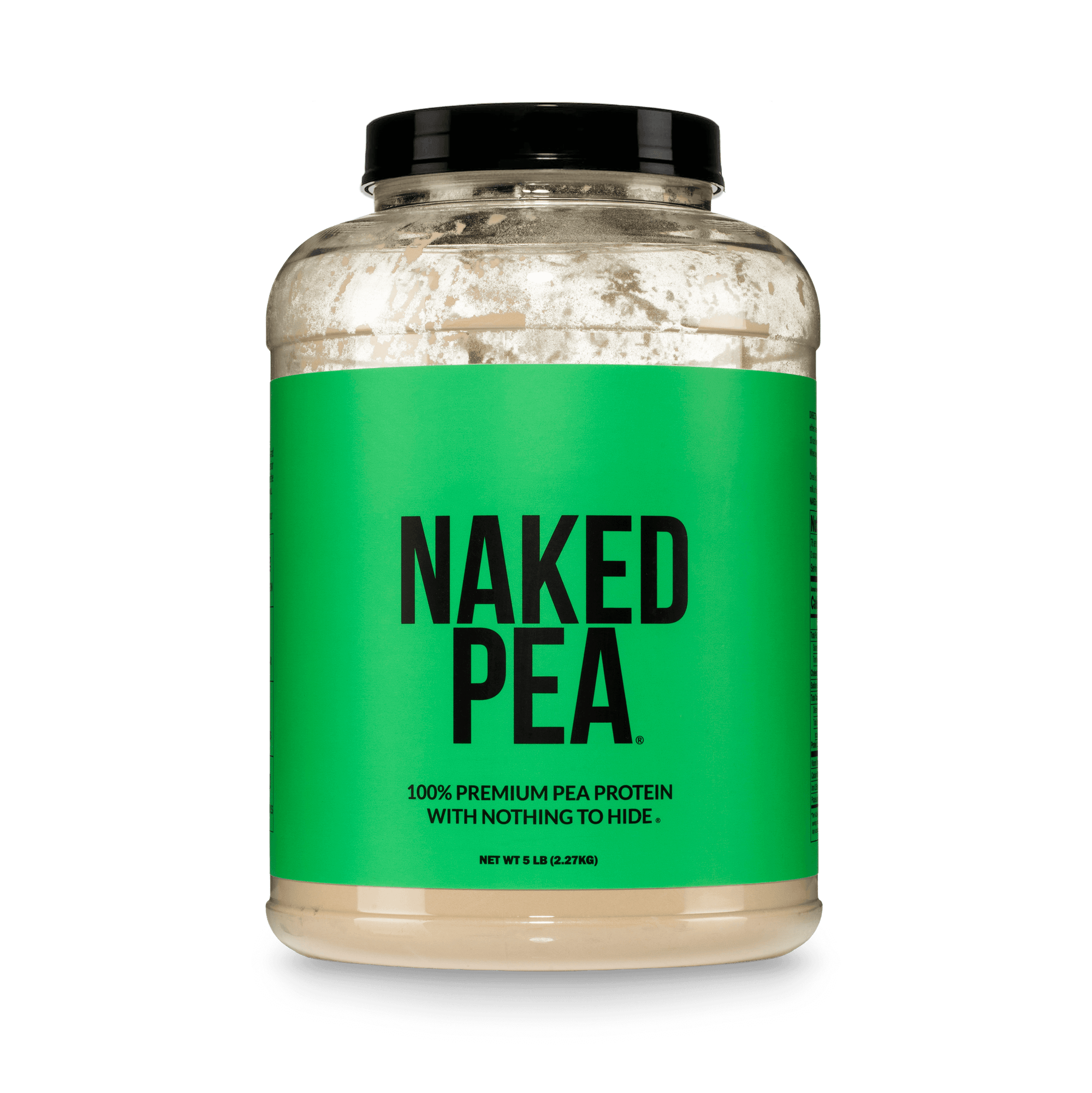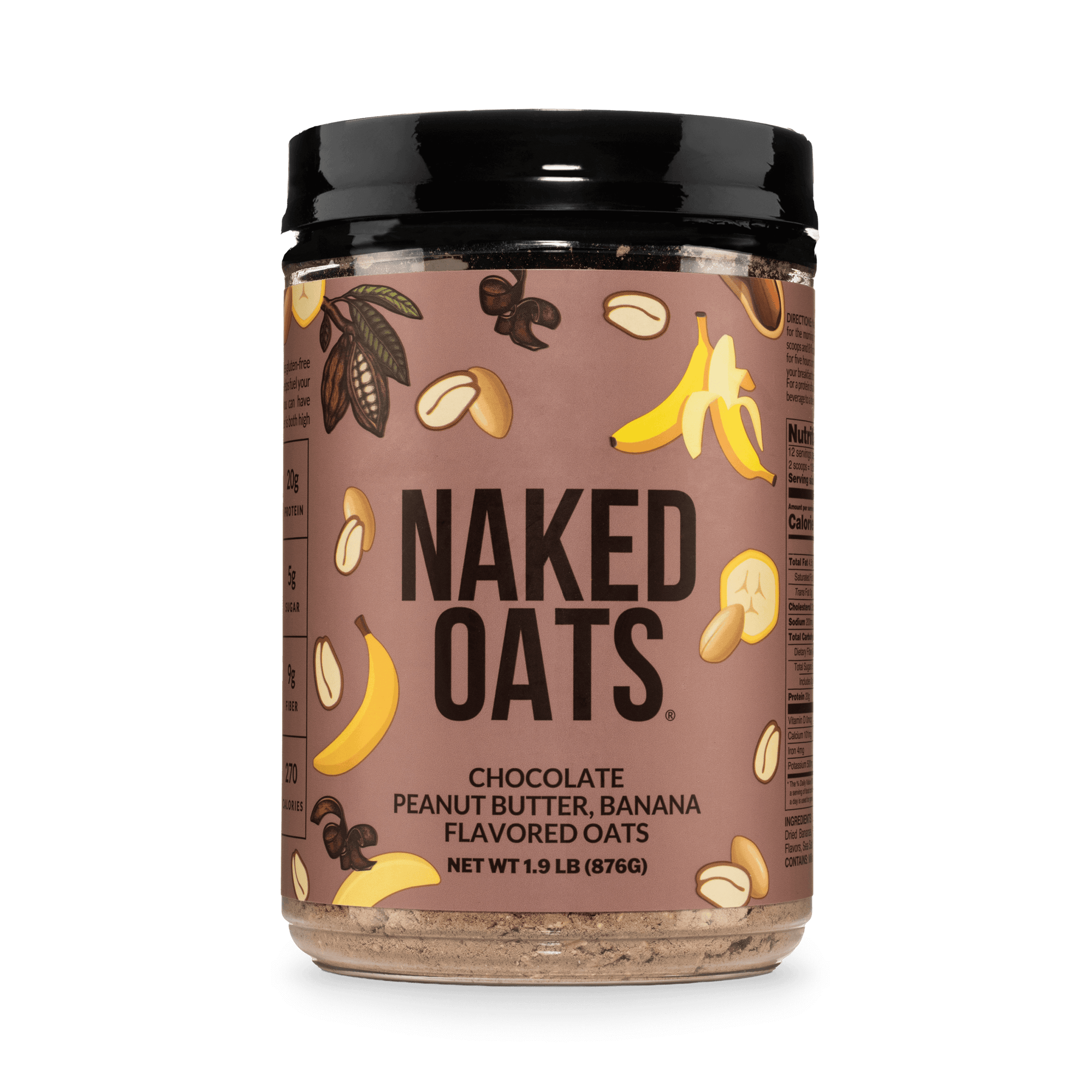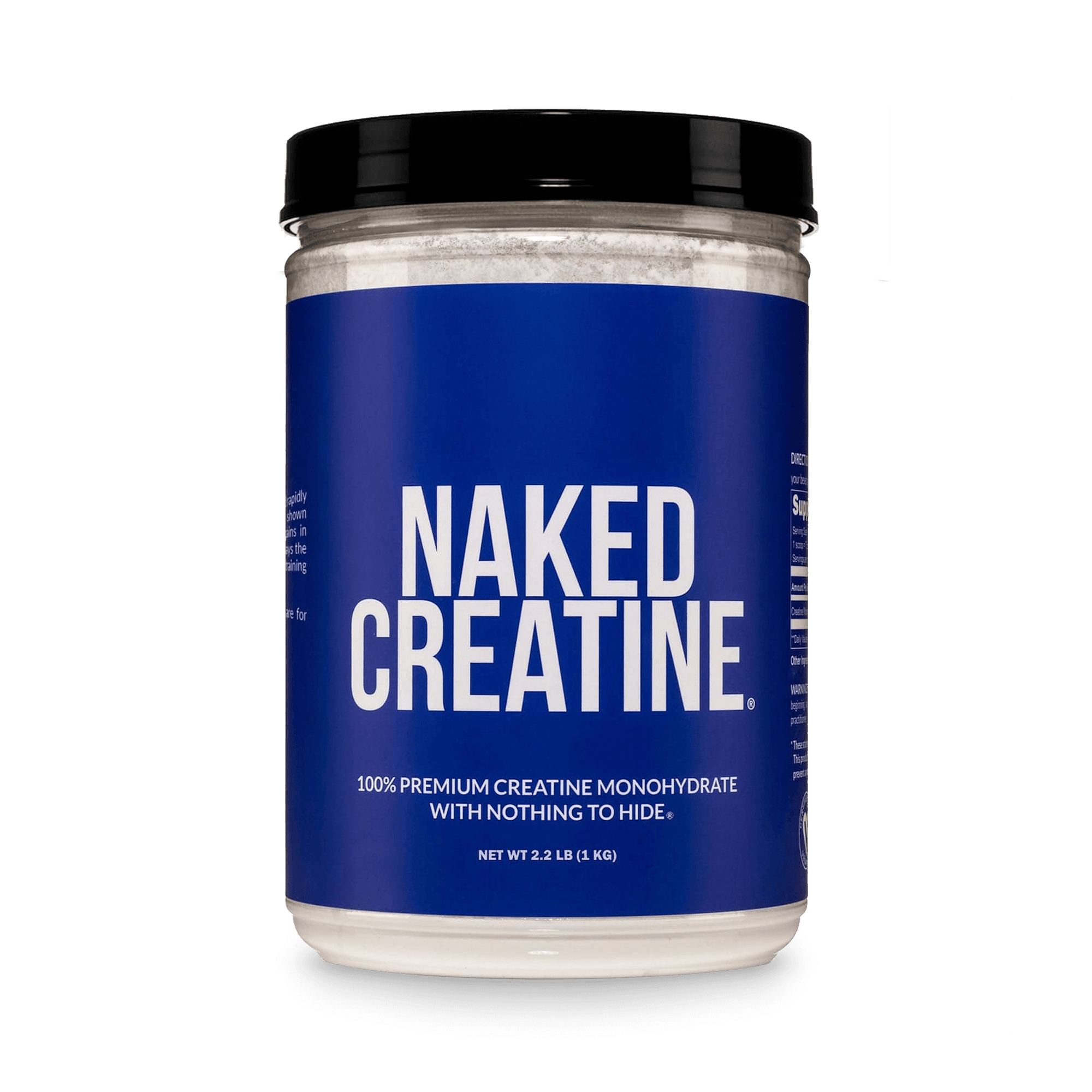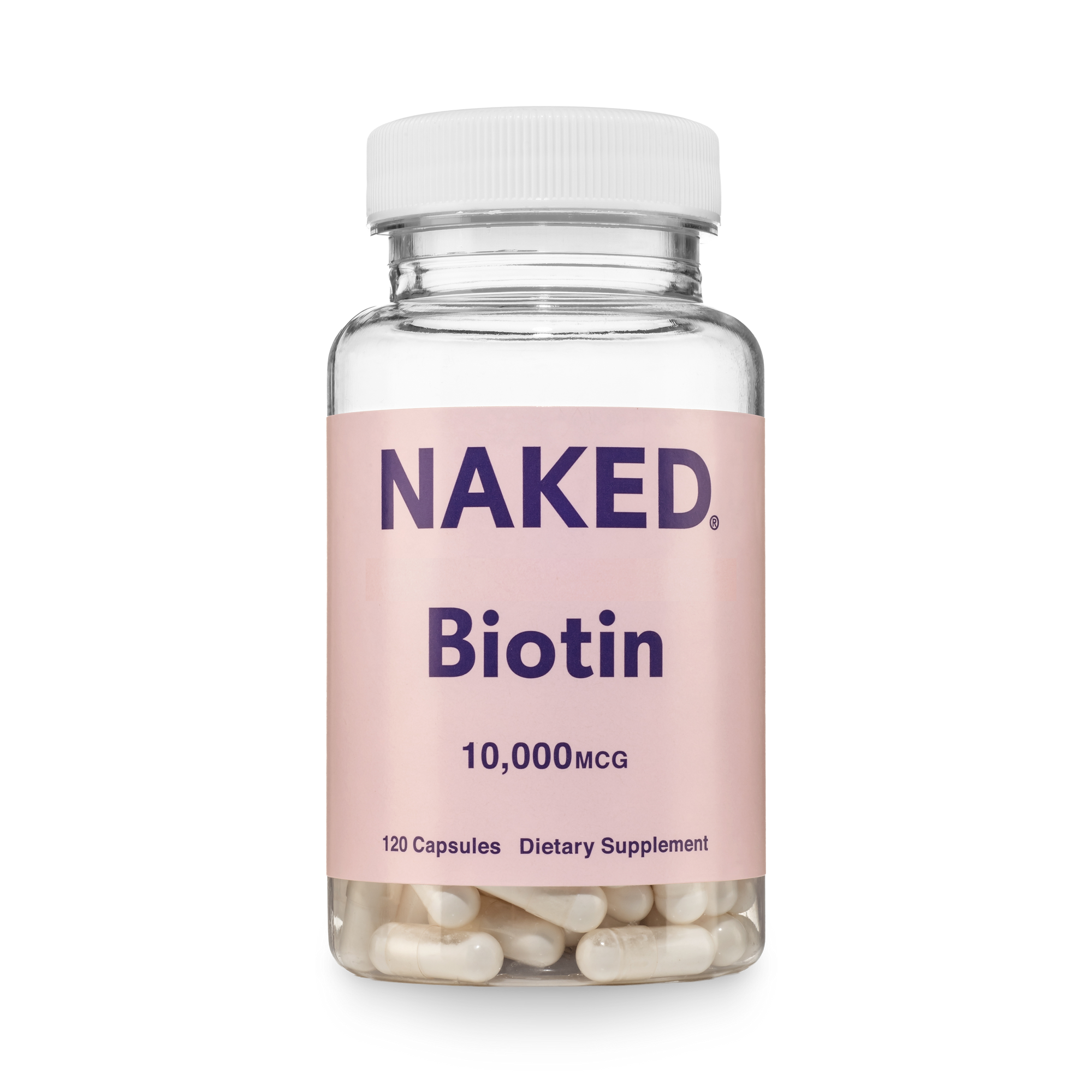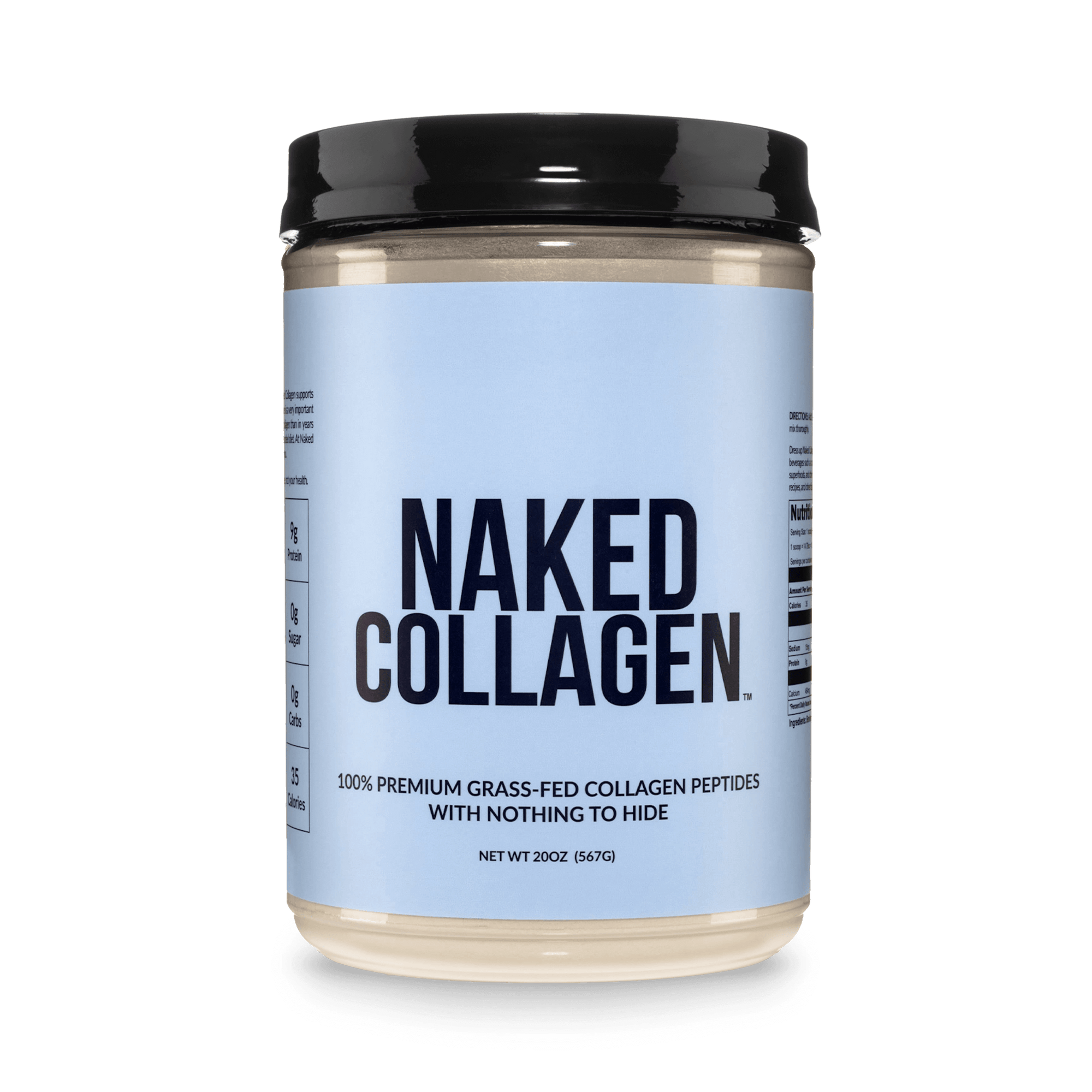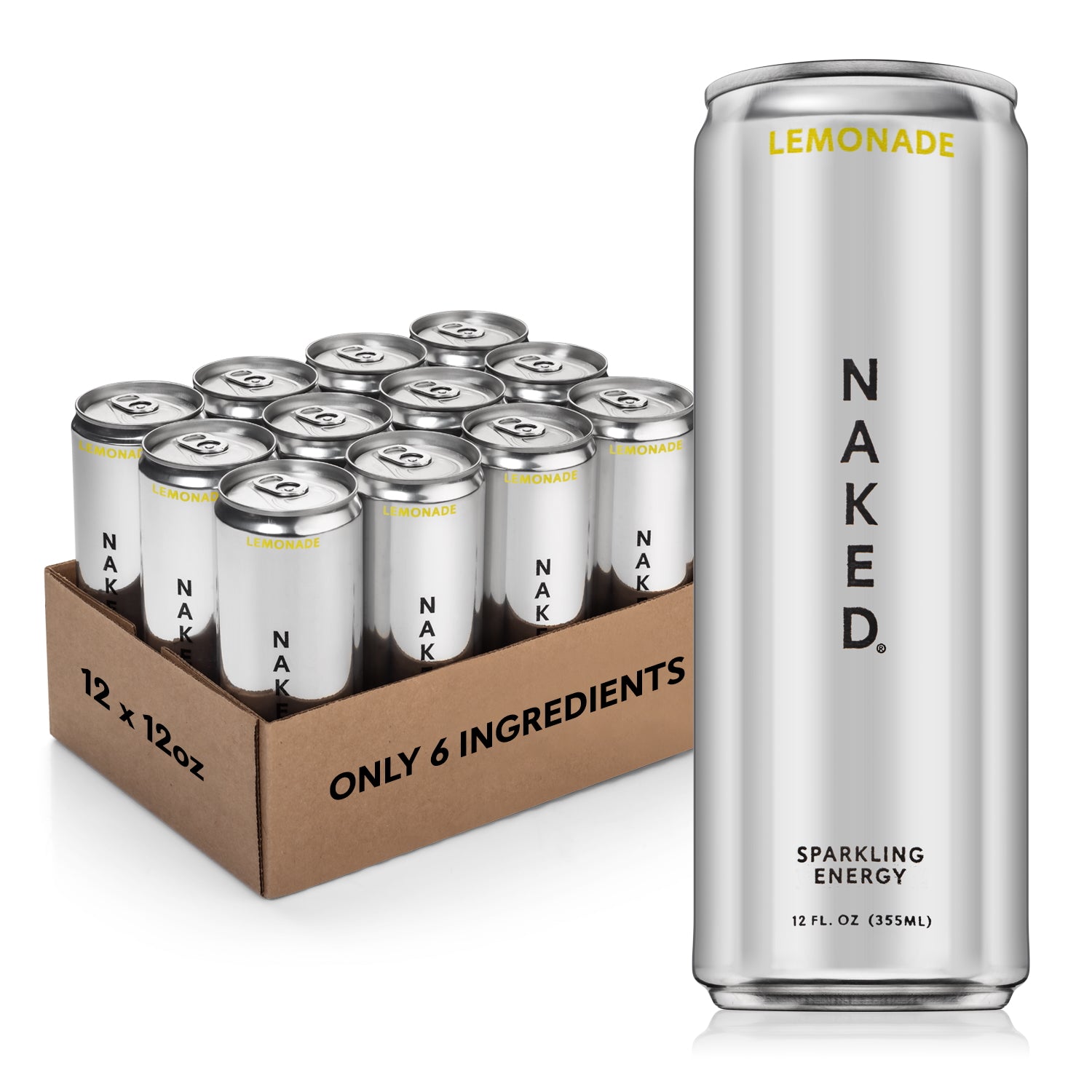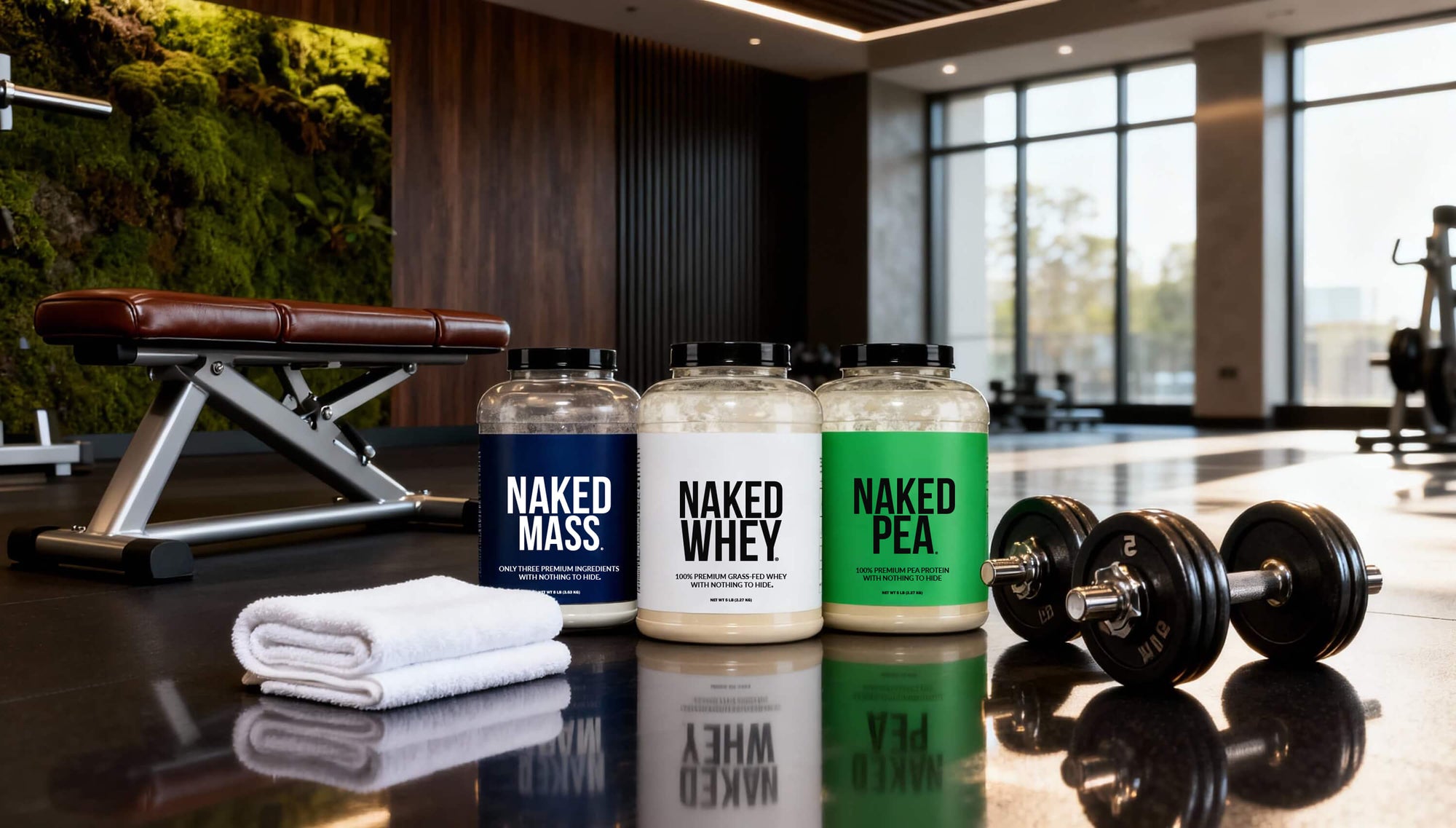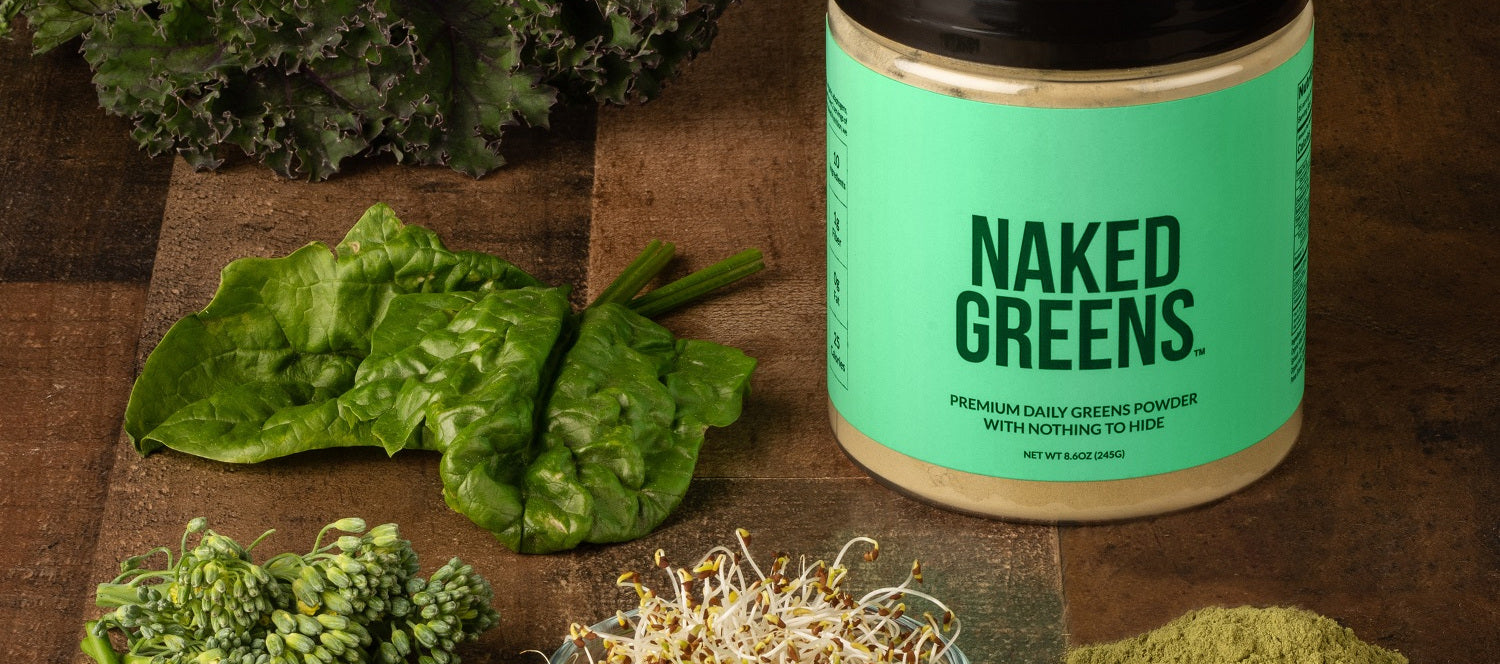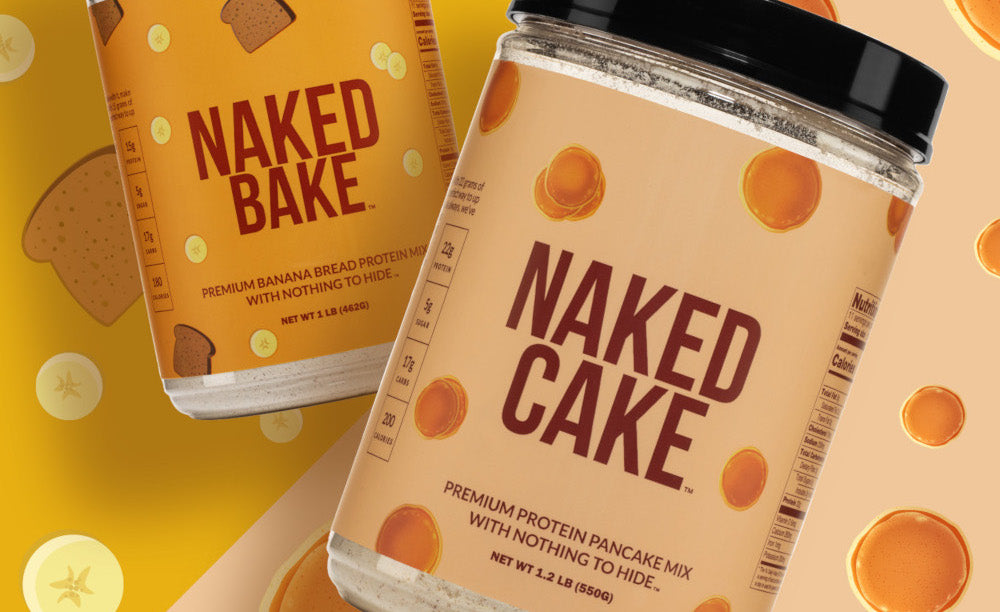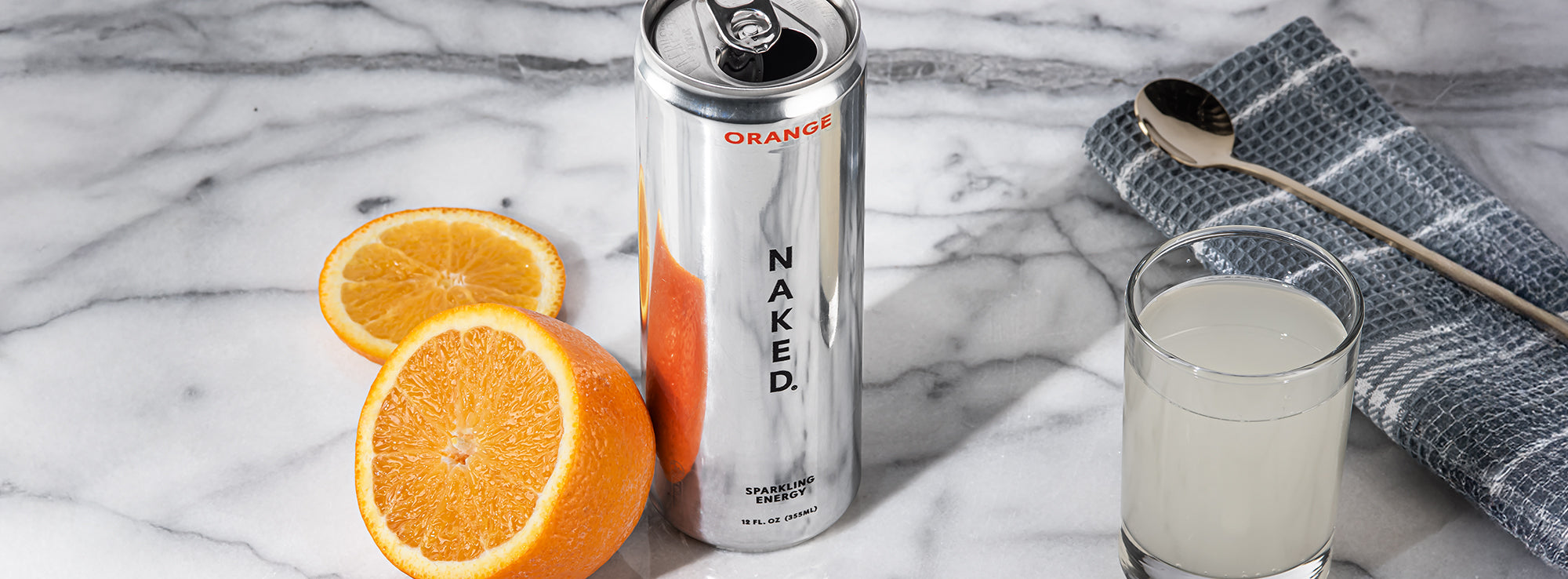Branched-chain amino acids, or BCAAs for short, are a popular topic in the fitness world.
This article will cover the benefits of BCAAs and answer some of the common questions such as when and how much to take to reap the most benefit.
What are BCAAs?
Branched-chain amino acids (BCAAs), are a specific group of three amino acids.
They have a particular ability to improve fitness-related goals such as boosting lean body mass, speeding up muscle recovery, and delaying the onset of exercise fatigue. They are commonly taken to boost exercise performance and increase muscle tissue growth.
BCAAs make up approximately 35-40% of our body's protein stores. Specifically, within our muscles, BCAAs make up about 14% of the amino acids (1).
Branched-chain amino acids are the building blocks of protein. The difference with branched-chain amino acids lies in their unique structure. They have a special branched-chain structure, as the name suggests, that allows them to be utilized in a unique way when taken in supplement form.
Here is a list of each of the essential amino acids found in BCAAs:
- Leucine: Leucine is an essential amino acid involved in protein synthesis, tissue regeneration, and metabolism (2).
- Isoleucine: Isoleucine helps with wound healing, supports the immune system, and is involved in the production of many hormones (3).
- Valine: Valine has a special involvement in muscle protein synthesis, repairing tissues, and supporting energy levels (4).
What are Essential Amino Acids?
BCAAs are considered “essential”, meaning the body does not make them on its own. Of the 20 amino acids that exist, there are nine essential amino acids needed. The three essential amino acids – leucine, isoleucine, and valine – are gained through BCAA supplementation (5).
Most other amino acids that exist are considered “non-essential”, which means that the body can create these on its own.
However, because we cannot synthesize the BCAAs on our own, it’s vital that we get them from food and/or supplements.
What Do BCAAs Do?
BCAAs can improve exercise performance, increase muscle mass, boost the immune system, enhance liver health, and perhaps even help promote weight loss.
You may be wondering how and why exactly a branched-chain amino acid can specifically benefit your muscles.
Interestingly, while most amino acids are broken down in the liver, branched-chain amino acids are in fact broken down in the muscle. This gives the BCAAs a more targeted effect on the muscles specifically.
However, BCAAs benefit more than just your muscles. BCAAs also have widespread health benefits throughout the body.
Continue reading to learn more about how exactly BCAAs can improve your health.
Proven Benefits of BCAA Supplementation

Muscle Protein Synthesis - Can BCAAs Promote Muscle Growth?
Studies show that BCAA supplementation help with building muscle through improved muscle protein synthesis.
For example, of the nine essential amino acids, Leucine, in particular, activates a pathway that directly stimulates muscle protein synthesis, which is a necessary process for building and repairing muscle (6).
Largely due to leucine’s effects on the human body, taking BCAA supplements has been shown to significantly increase muscle protein synthesis after a workout.
However, it’s important to note that BCAA intake has been shown to promote an increase in muscle mass when people are already consuming adequate dietary protein, such as whey protein.
Therefore, be sure to meet your daily dietary protein needs in order for BCAA supplements to be effective. If you are falling short of your body’s protein needs, taking BCAA supplements may not lead to increased muscle mass (7).
Do BCAAs Help With Exercise Performance?
Branched-chain amino acids (BCAAs) and other essential amino acids can improve athletic performance as they can support your strength and endurance goals.
BCAA supplements may increase circulating oxygen levels, which helps improve endurance and reduces fatigue during exercise (8).
BCAAs also help maintain the body’s glycogen stores (and other energy metabolism substances). Glycogen is stored in muscles and it serves as the body’s primary fuel source for energy production. During exercise, the body taps into this storage for energy.
When glycogen stores are depleted, people are left feeling fatigued, and optimal training performance is inhibited. However, BCAAs can help preserve glycogen stores during exercise, allowing people to sustain exercise for longer while reducing the effects of muscle damage during training.
They also lower blood levels of creatine kinase and lactate dehydrogenase, both of which are muscle-damaging substances.
May Reduce Delayed Onset Muscle Soreness (DOMS)
In addition to helping improve physical performance, BCAA supplements have been shown to decrease muscle soreness. As you know already, less muscle soreness means more time to train.
A reduction in muscle soreness levels also contributes to the ability of BCAAs to improve and optimize workout performance in general.
When supplementing with BCAAs, muscle soreness is reduced, and damaged muscle tissue fibers are repaired quite quickly, allowing for you to have more frequent workouts without needing as much of a break between sessions (9, 10).
The increase in recovery time thanks to BCAAs not only contributes to muscle growth but can keep you in the gym more frequently so you can continue working towards your fitness goals.
May Prevent Muscle Wasting
BCAAs can also help prevent muscle wasting, or muscle protein breakdown, which of course takes away from muscle building.
There is a lot of research to suggest that supplementing with BCAAs inhibit muscle protein breakdown.
Not only is this important for athletes looking to improve muscle growth at the gym, but this is also important for certain vulnerable populations like the elderly, or those with cancer, or liver disease, who tend to have higher levels of malnutrition and muscle wasting (11)(12).
Because BCAAS make up about 35% of the amino acid profile in muscles, it’s important to supplement with BCAAs to prevent muscle breakdown and encourage muscle growth.

Can Help People With Liver Conditions
While most of the hype around BCAAs circles among the fitness community, BCAAs actually have certain clinical uses such as helping people with liver cirrhosis (liver disease).
In a hospital setting, BCAA supplements are given to patients with liver cirrhosis to help reduce liver damage and improve the organ’s function (12).
Thanks to their special chemical structure, BCAAs can help regenerate healthy liver cells, which therefore helps to improve liver function.
It’s important to note that research does not support the use of BCAAs to improve liver health in those with an already healthy liver.
Can BCAAs Promote Optimal Body Composition?
Research suggests that BCAA intake is associated with healthy body fat percentages. In fact, BCAAs may help speed fat loss while preventing fat gain.
While more research needs to be done on BCAAs and body composition, there are some explanations as to how BCAAS improve body composition.
For one, BCAAs have been shown to improve blood sugar regulation, which in turn has a direct impact on supporting a healthy weight (13).
Additionally, BCAA supplementation would increase one’s total daily protein intake and it’s known that high protein diets support fat loss (14).
However, it’s still unknown as to whether or not BCAAs have an added benefit for weight loss more so than just a high protein diet.
Are BCAAs Safe to Take?
BCAAs are generally a safe supplement to take and the majority of people will not experience any side effects.
However, there are certain genetic conditions in which BCAA metabolism is problematic. These individuals should avoid taking BCAAs (15).
So, although the vast majority of people can safely consume BCAAs, if you have doubts then you should consult your doctor about it.
Are There BCAA Side Effects?
Taking more than the recommended dose of branched-chain amino acids may result in some stomach cramping, bloating, nausea, and diarrhea. However, if taken as recommended, BCAAs should not result in any side effects.
Do You Need a BCAA Supplement?

After reading about all of the benefits of BCAAs, it may be tempting to start adding this amino acid supplement to your wellness routine.
While BCAAs can be helpful for everyone, they can be particularly helpful for athletes of all kinds, as well as those who follow a vegan or vegetarian diet.
Athletes of course can benefit from BCAAs to improve resistance training performance, reduce fatigue, and improve muscle mass, as discussed earlier in this article.
Those who follow a vegan or vegetarian diet are likely not meeting their needs for certain vital nutrients, such as branched-chain amino acids. Therefore, these individuals could benefit from a BCAA supplement.
However, because BCAAs can be found in many food sources, other individuals besides athletes and those who follow plant-based diets may not need to add a supplement.
What Foods Are High in BCAAs?
BCAAs are found in a wide variety of foods. They are found in protein-rich foods like meat, poultry, fish, eggs, and dairy products.
Although most protein-containing foods contain BCAA, some foods are richer in BCAAs than others. Some of the foods highest in BCAAs include beef, lamb, cheese, milk, and yogurt. You can also supplement your healthy and balanced diet with complete proteins, such as whey protein to experience BCAA benefits.
There are plant foods that contain BCAAs such as beans, lentils, nuts, and soy products, however, these foods contain a lot less BCAAs compared to animal products. You may also want to combine incomplete proteins to get the additional amino acids your body may be lacking.
However, sometimes diet alone is not enough to meet the body’s needs for branched-chain amino acids, especially for those engaging in more intense resistance training(ex. squat exercise) and endurance exercises.
How Much BCAAs to Take Per Day?

There is actually not an official daily recommended dose for BCAAs, however, there are studies that suggest different amounts to optimize the effect.
In general, it’s recommended that men aim for about 12 grams of BCAAs daily, and women should aim for about 9 grams daily.
Recent research suggests that daily requirements may actually be as high as 65 mg/lb (144 mg/kg) of body weight per day (16).
Based on this daily requirement, a 175-pound male would require about 11 grams of BCAA daily.
Some research suggests that taking up to 18-20 grams of BCAAs daily has been safe and effective in highly active individuals.
If you want to include all nine essential amino acids instead of only the BCAAs, then you can take Naked EAAS, our essential amino acids supplement.
When to Take BCAAs for Best Results?
It’s best to supplement with BCAAs before and perhaps even after your workout as well.
For especially intense exercise – particularly with strength-training workouts that last over an hour – it’s advised to consume BCAAs during the workout as well. This helps with sustaining energy levels and the effects of muscle damage for the duration of your workout.
Some people who are looking to build muscle quickly also take BCAAs in the morning and before bed.
While some studies suggest taking BCAAs on an empty stomach to boost effectiveness, this research is limited and inconclusive.
The most important thing to reap the benefits of BCAAs is to be consistent with your supplementation routine.
Whether you feel your best-adding BCAAs to a pre-workout shake or taking them on an empty stomach, you can feel confident that you are doing something good for your body and helping you better reach your health and fitness goals.
Try this recipe for an energy-boosting muscle recovery shake that you can try before or after your workout:
Vanilla Latte Smoothie

Ingredients:
- 2 scoops of Naked Vanilla Whey
- 1 scoop of BCAA powder
- ½ frozen banana
- 1 oz of espresso or 1 tsp of espresso powder
- 1 cup of vanilla almond milk
- 2-3 ice cubes
Directions: Blend ingredients together and enjoy before or after a workout!
Bottom Line on the Branched-Chain Amino Acid Question
There are three branched-chain amino acids that are considered essential – meaning we must get them from supplements and food.
Branched-chain amino acids are an effective supplement to improve training performance, boost muscle mass, and reduce muscle damage fatigue, and soreness.
BCAAs can also improve body composition and can be helpful for those with liver disease.
While BCAAs are found in protein-rich food sources, diet alone might not be enough to meet the body’s needs. Athletes, vegans, and vegetarians, in particular, may benefit from adding a BCAA supplement to their routine.
